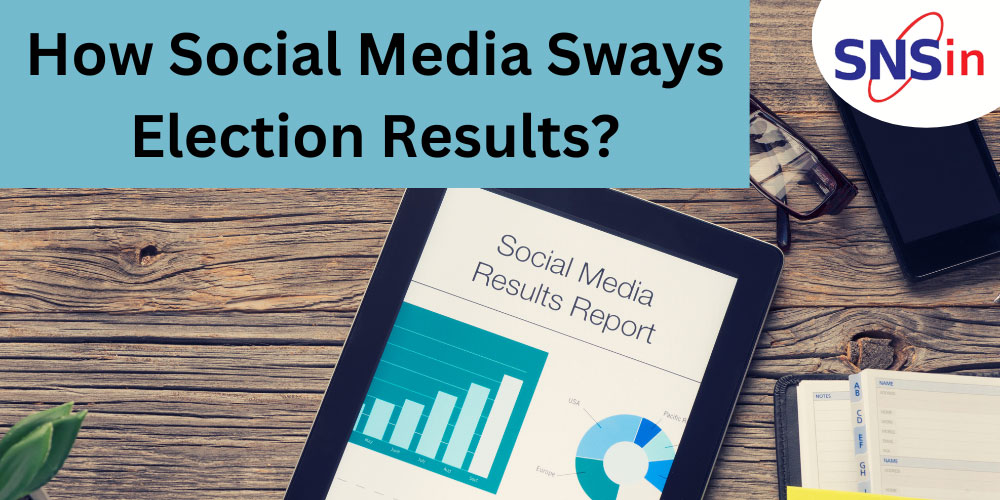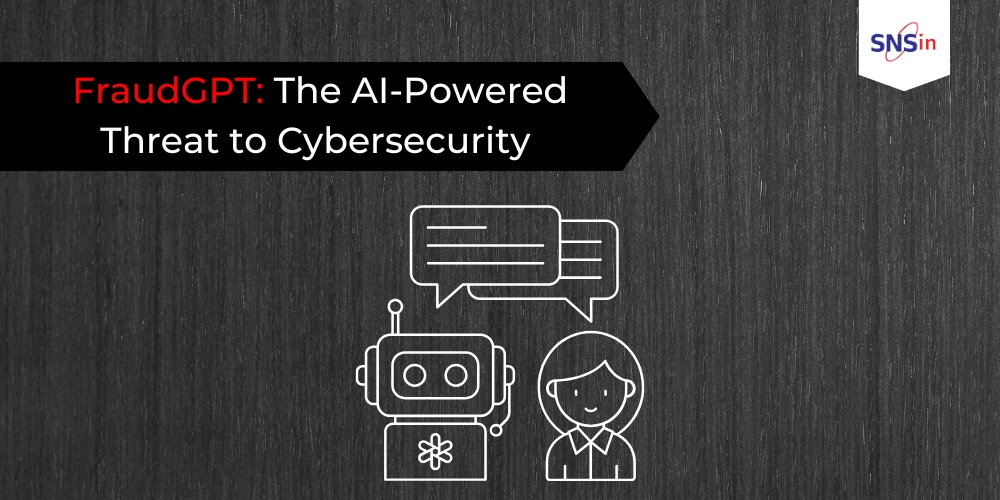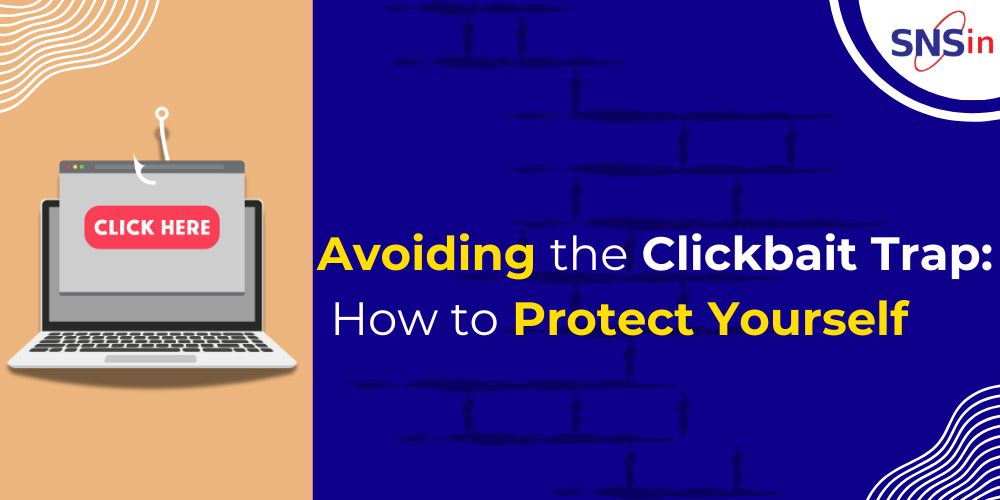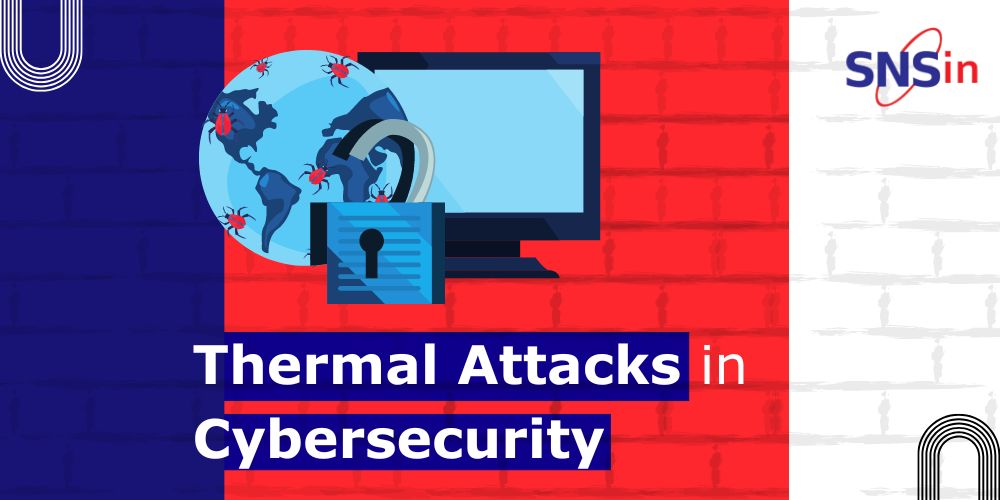In the digital age, social media has become the town square of the global village. Beyond sharing memes and connecting with friends, it has emerged as a powerful force in shaping public opinions, particularly during election times.
Today, let’s embark on a journey into the intricate dance between social media and election results, exploring how this dynamic interplay influences the very fabric of democracy.
Social Media’s Role in Democracy
Social media’s influence on election results is a multifaceted tapestry. It serves as a medium where candidates can directly interact with the electorate in real-time and share messages and information. Yet, this digital double-edged sword has implications far beyond the surface-level interactions.
Virality and Amplification
In today’s digital age, information moves with the lightning pace of retweets, shares and likes. For example, social media amplifies stories and narratives, making particular points of views and candidates visible than ever before. Going viral is powerful in shaping public sentiments towards candidates and thus, the election outcome.
Micro-Targeting and Personalization
Social media brings out two things that people associate with it; i.e., the attractiveness as well as the possible risk involved with it. This is taken advantage of in political campaigns where specific groups are targeted based on this to make their messages fit.
In essence, micro-targeting enables politicians to address specific issues that may concern certain people and, thus, to fashion narratives that appeal to their voters.
The Echo Chamber Effect
Social media algorithms offer personalized content according to the likes of individuals, thus forming echo chambers. By this, people receive information supporting their ideas and belief system. This may support stereotypes and intensify sentiments. Thus, manipulating the voters into a certain direction.
Tackling Misinformation
Social media has democratized information, but at the same time, allowed the dissemination of misinformation. Preserving the democratic process depends on establishing the reliability of digital platforms.
A Call to Digital Citizenship
As we navigate this digital landscape, it’s crucial for users to be discerning consumers of information. Digital citizenship is an awareness of the influence of social media, a commitment to fact-checking and vital to understand the potential consequences of sharing misinformation.
Conclusion
The symbiotic relationship between social media and election results cannot be ignored. As we move forward, the digital realm must remain secure, transparent, and conducive to a healthy democratic discourse. The power is not just in the hands of technology, but also of responsible digital citizens. They must understand the influence and implications of their online actions.
Secure Network Solutions (SNS) is conducting Cybersecurity Awareness Trainings to Corporates. We understand the importance of being secure online. We help businesses stay secure from cyberattacks.
Contact us for Cybersecurity solutions via email: [email protected]
Swathi
Author
Working IT professional and a Cyber Security enthusiast. Passionate to write about Cyber Security topics and Solutions. I share my insights as I study articles and trending topics in the field of Cyber Security.
![]()




